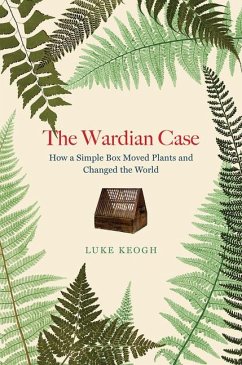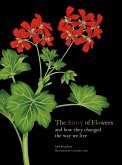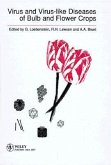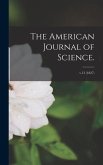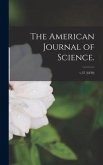"In 1829, surgeon and amateur naturalist Nathanial Bagshaw Ward discovered that plants enclosed in airtight glass cases could survive for long periods without watering. After four years of growing plants under glass in his London home, Ward created traveling glazed cases that he hoped would be able to transport plants around the world. After a test run from London to Sydney, Ward was proven correct and the Wardian case was born. It is easy to forget in our technologically advanced and globalized world, but prior to the invention of the case it was extremely difficult to transfer plants around the globe, as they often died from mishandling, cold weather, or salt from the ocean. In this enthralling book, Luke Keogh takes us around the world and through history with the Wardian case. He shows that this revolution in the movement of plants transformed the world, impacting the commercial nursery trade, late nineteenth century imperialism, and the global environment. The repercussions of this revolution are still with us today"--
Hinweis: Dieser Artikel kann nur an eine deutsche Lieferadresse ausgeliefert werden.
Hinweis: Dieser Artikel kann nur an eine deutsche Lieferadresse ausgeliefert werden.

